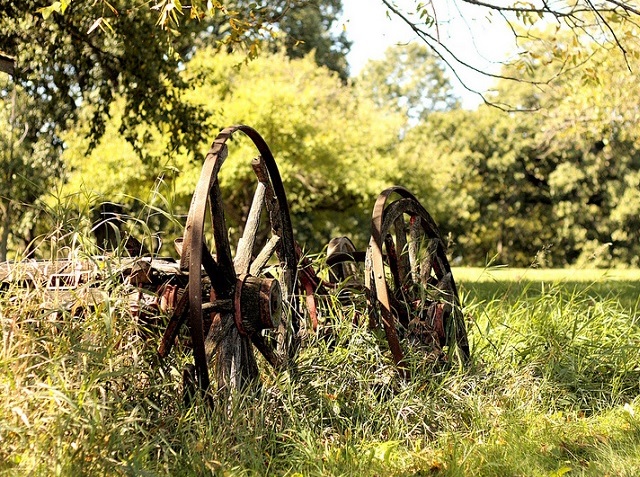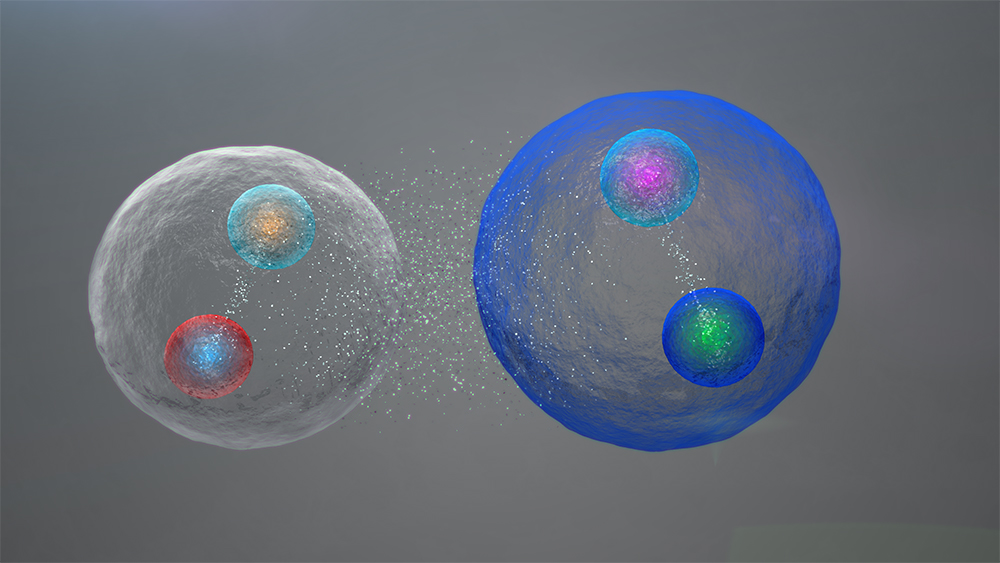Today, everybody knows that farming is the most important activity that humans need to do in order to survive. However, that was not true 12,000 years ago. Humans then were hunters and gatherers. They hunted the animals and gathered plants. Like nomads, they moved from one place to another when food supply was diminished. They could not settle in one place and lived in small groups.
Farming is certainly not very easy. It requires hard work, lots of patience and waiting, and problems of storing. So the question is that what made the humans think of farming? The last ice age ended around 10,000 years ago. The warmer weather after the ice age let people live for longer and contributed to rise in their population. The head of the families had more mouths to feed, and that made them learn to farm. The crops from farming were more reliable and could feed more people than hunting or gathering could feed. The food supply became a little bit more predictable. This also led to permanent settlements instead of small tribes that moved frequently.
How did they come up with the techniques of farming? Our ancestors had great observational skills. They must have observed that if they put the seed in the ground the seeds grew and made the same plant that they ate. They realized the importance of water in farming, and that the soil near river banks produces healthier crops. Hence, most of the early settlements were near water sources. After a series of trial and error, they perfected the art of farming.
Then, to protect their farm, they had to stay near it. They invented tools – for pounding the grains – and built houses for people to live in. That was the beginning of a settled and organised life.
Our ancestors then had to protect their land. That gave them the concept of ownership – owning land areas and dividing up into states and countries. We could probably say that History has evolved the way it has – because of one activity – farming.





Leave a Reply